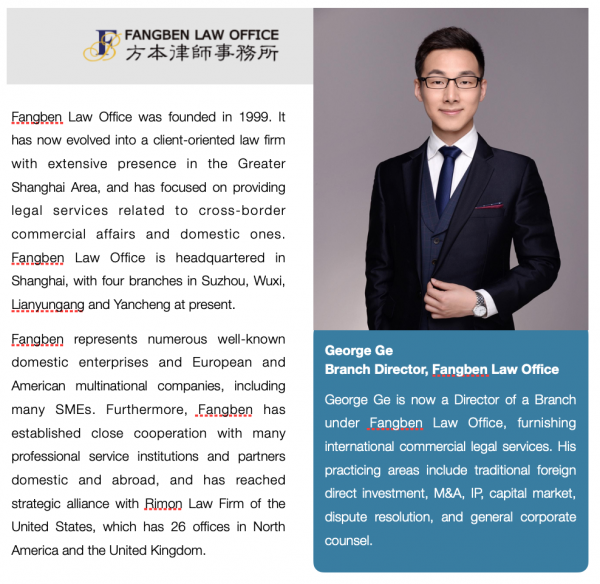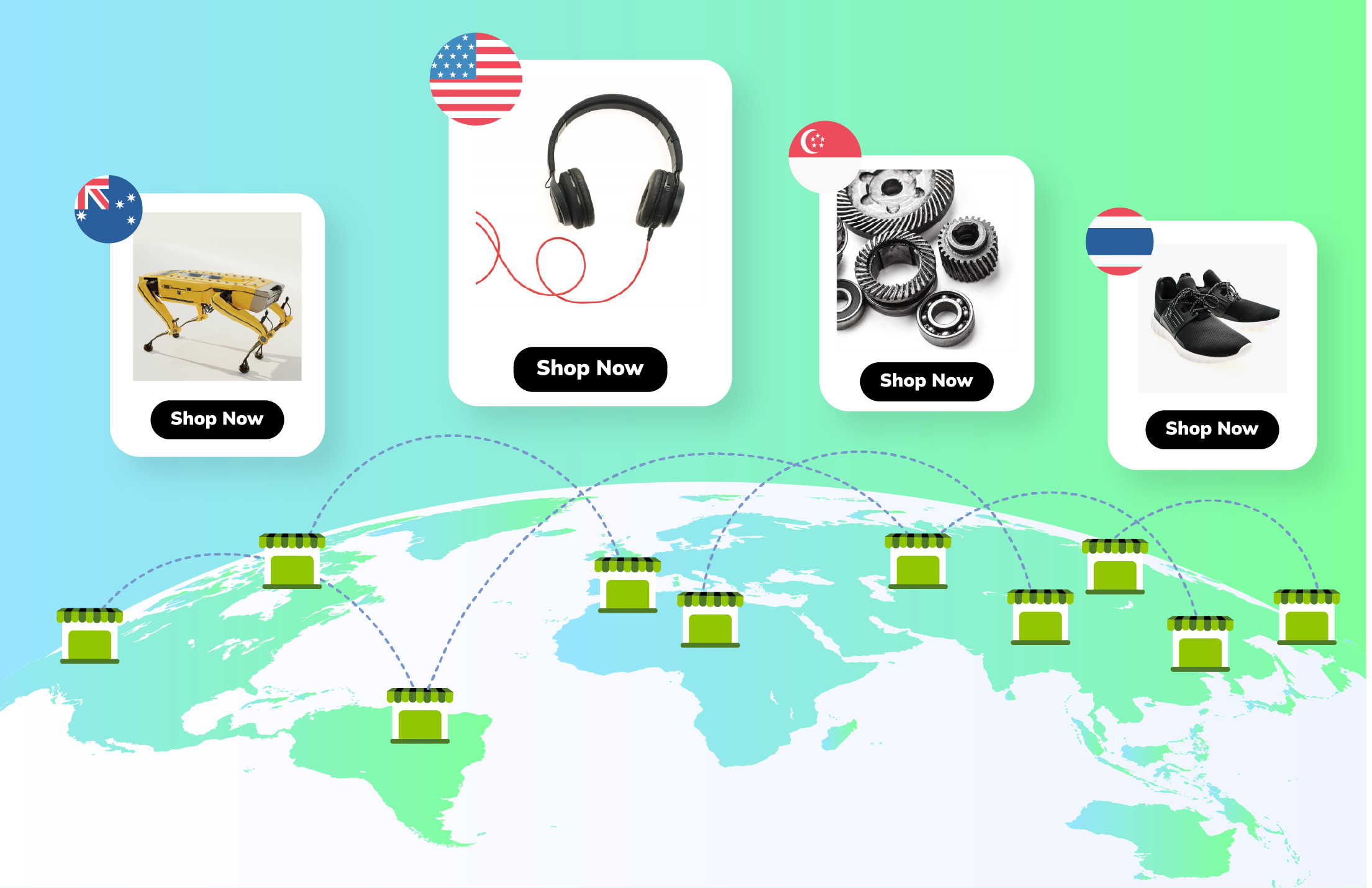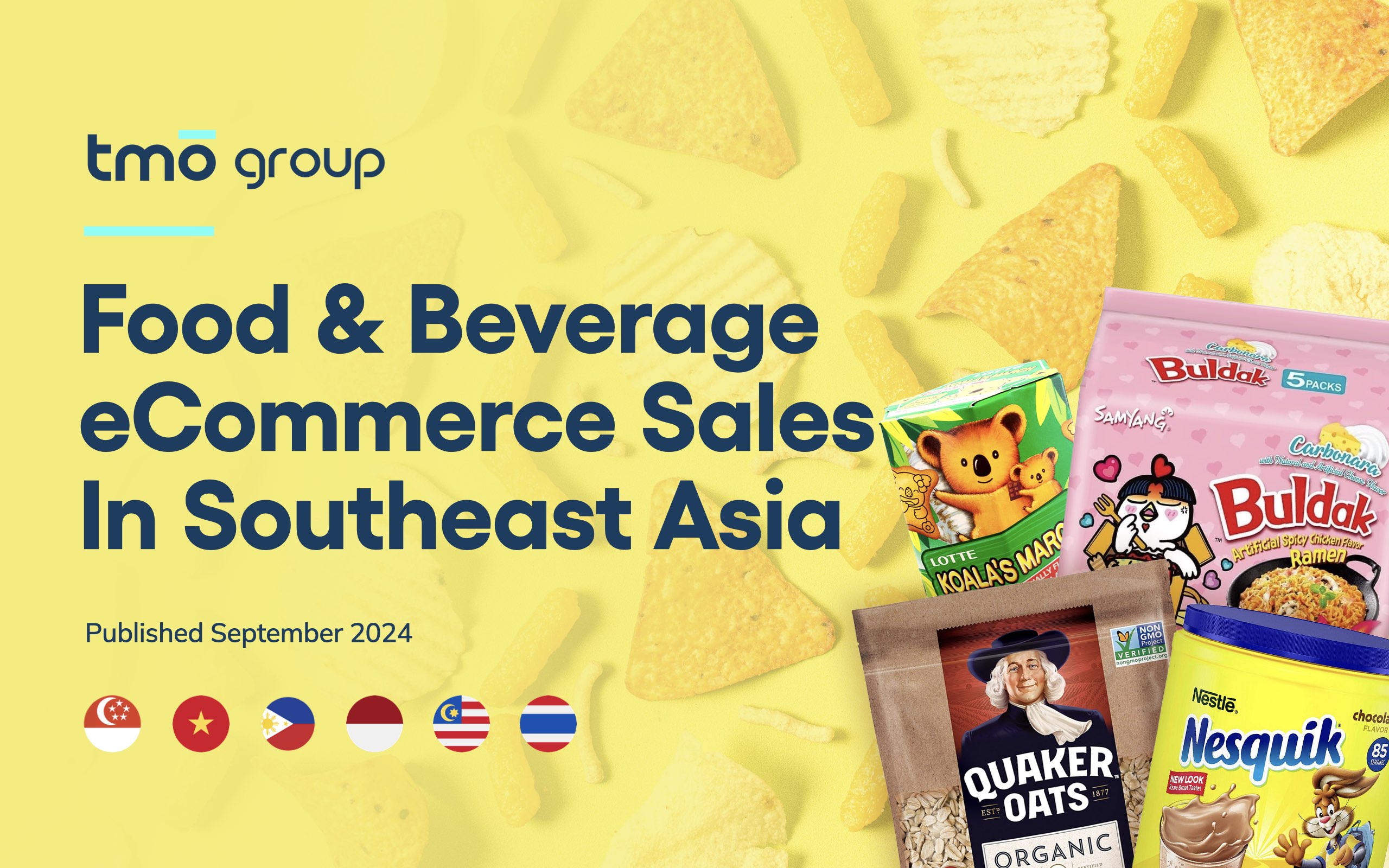Although 2020 has obviously been difficult for much of the world, Chinese cross-border eCommerce is one of the areas that has managed to perform well. Cross-border eCommerce (CBEC) in the country has experienced growth, even as most industries in China and the world shrunk in response to the global crisis.
According to customs data from the first quarter of the year, the import/export volume going through the customs CBEC management platform increased by 34.7%. Meanwhile, the overall level of Chinese imports and experts shrunk by 6.4% over the same period.
This may be in part due to the categories that make up much of CBEC. Beauty, mother and child, and health care products are all big players in CBEC and all benefitted in China during and following the pandemic. Obviously the outbreak had people thinking more seriously about their health, especially young mothers. But also industry consumers began 'treating themselves' with products like makeup and skincare as lockdowns lifted.
Therefore, many companies are understandably looking to Chinese cross-border eCommerce as a unique opportunity during these difficult times. Especially as the model offers numerous advantages for brands and consumers, Cross-Border eCommerce in China: Get up to SpeedChinese cross-border eCommerce is among the easiest ways to access this huge and exciting market. Find out what you need to know here.as we've outlined before. So we talked to our legal partner at Fangben Law Office about what legal challenges face those wanting to jump on board with cross-border eCommerce to China.
Entry Strategy & Legal Compliance
Q1: What are the biggest impacts of the Foreign Investment Law (which came into effect on January 1st, 2020) on foreign brands?
A1: The Forest Investment Law addresses overseas investment activities in China. It aims to help overseas brands wanting to invest in China. For example, by codifying more protections for intellectual property (IP) and trade secrets, and more readily available government services.
At Fangben we spent a lot of time in the past helping foreign investors make it through the approval stage before they could invest. That process has now become far easier and more convenient.
Q2: In your first-hand experience, how has the 2019 eCommerce Law affected foreign brands?
A2: The rolling out of the 2019 eCommerce Law did not in-and-of-itself have a substantial impact on all overseas brands. This is because the Law didn't just suddenly materialize out of thin air. It was largely a merging of many previous existing laws, regulations, judicial practices, and so on.
Alongside many laws issued in recent years, the eCommerce Law is a clear sign that the Chinese government is serious about opening up to global trade, protecting consumer rights, keeping the online business environment safe and stable, safeguarding IP rights, and protecting the Internet. Efforts and commitments in national law towards online safety have provided eCommerce operators with a more solid basis for their rights.
At the same time, the government has also established minimum legal obligations and expectations for eCommerce operators to safeguard consumer rights and data, as well as society as a whole. We believe that these steps will lead to China's online business environment getting better and better in the coming years. Therefore we welcome the majority of international brands to enter the Chinese market, and let Chinese consumers enjoy the fruits of their latest innovations and their valuable experience.
Q3: If an overseas brand wants to enter the Chinese market initially through cross-border eCommerce, what are the main differences between the direct purchase model (Customs code: 9610) and the bonded imports model (Customs code: 1210) in terms of legal compliance?
A3: There are a few differences between the two in terms of customs compliance, mostly due to the difference in transaction modes. To be plain: 9610 is also referred to as the 'consolidation' model. That is, domestic consumers place orders and overseas merchandise orders are sent to China in bulk each month, after which these bulk orders in China are split into smaller packages to be sent to individual consumers. 1210 on the other hand is also called the 'stocking' model, where goods are first shipped to a bonded warehouse in China and goods are cleared one at a time when a customer orders each item.
Of course, we also provide customized consulting services to fit the various needs of foreign brands, so that they can get to grips with every available model and pick the one that best suits their business.

Company Setup
Q4: How long does it take for an overseas brand to set up a company in China? What other pre-approval steps need to be considered as part of the process?
A4: My experience during my time practicing law is that the process for foreign companies to set up in China has been greatly and continuously simplified. I have to credit the sustained and successful efforts of the Chinese government for this.
For example, over the years we've seen the introduction of a multi-window parallel approval process, a unified social credit code, three-in-one (and in some areas even 27-in-1) business licenses, an entry filing system, and in 2020 a reporting system. In accordance with the government's consistent support for domestic and foreign investment, the process of setting up a company has been greatly simplified.
Take Shanghai's "One Window", for an example. If all relevant materials have been assembled, an ordinary company can generally obtain a business license in as few as three working days. In most cases, there is no need for pre-approval, and relevant license photos (such as licenses to operate a food-related business) can be processed later.
Q5: What are the benefits of setting up a company in a free trade zone (FTZ)? How does it differ from setting up outside of one?
A5: Setting up a company in an FTZ confers policy advantages, as we've experienced through our comprehensive experiences with companies setting up in Shanghai and Jiangsu FTZs. These include tax incentives and foreign exchange management, especially for import/export trading companies.
In previous years FTZs also operated much faster and more efficient administrative services, but actually these days the general quality of admin services has improved throughout China, so this gap has been eroded. Similarly, the investment promotion departments of every region in China now have policies and incentives designed to attract foreign investment in specific industries, so this is not longer a unique selling point for FTZs.
It is recommended that foreign investments pick an administrative area that provides incentives to their specific industry. Central cities make good bases for companies in the service industry, while suburban areas surrounding these cities are best-suited for companies that need warehousing space or logistics bases. For more specific examples, Shanghai's Jing'an district is a good pick for regional headquarters, while the city's Changning district is a better fit for aviation service companies and Internet service companies.
However, preferential policies alone shouldn't make this decision for a company. It is still recommended that investors conduct thorough on-site investigations and comparisons between sites before making a decision. As part of our consulting services, we often accompany clients to communicate with local investment promotion departments and draw up comparisons of specific advantages and disadvantages. Sometimes we also sign investment cooperation agreements with local investment promotion departments to ensure our own interests.
Q6: If you choose to set up a legal entity, what are the main advantages of wholly-foreign-owned enterprises (WFOEs) and joint venture companies (JVs)?
A6: Actually, since the implementation of the Foreign Investment Law in 2020, both WFOEs and JVs have become historical terms. Foreign investors can now set up some of the same types of companies as domestic investors. Therefore, according to their needs they can establish a limited liability company (LLC) in accordance with the Company Law, or establish a partnership enterprise in accordance with the Partnership Law.

Tips for Overseas Brands
Q7: For overseas brands wanting to enter the China market via the general trade model, what are the biggest legal difficulties they may face? Do brands need to take preventative measures to safeguard their IP against theft and abuses before entering China?
A7: Protection of IP rights includes protection of trademark rights, patent rights, and copyrights. Trademarks and patents can be protected by applying for registration with the Chinese IP Office. Special attentions should be paid to registration in Mainland China, because trademarks and patents are territorial. However, copyright does not require registration and will take effect on the date of the creation's completion. We certainly recommend you register all trademarks and patents.
IP rights should be registered as Step 0 in your market entry process, especially general trademarks. It is recommended to register the English version as soon as possible, and then to design and register a Chinese version that conforms to the local culture and business context.
Here I'd like to give an example. A few years ago, I provided legal consulting services for an American investor regarding its entry into the China market. However, our team discovered that both of their intended trademarks had been registered by the same 'trademark squatter'. This led to many unnecessary twists and turns in the trademark application process. Although we tried our best to provide solutions under the Trademark Law, in the end the customer decided that the associated costs, along with other factors, meant the endeavor was not worth it for their business.
I would like to stress that if you do encounter a malicious or 'squatting' registration of your trademark, do not give up immediately. Instead consult a professional IP protection lawyer. The Trademark Law (revised in 2019) provides multiple remedies, such as rejecting malicious applications that do not target use (such as 'squatting' or hoarding especially well-known trademarks) at the application stage. If the application was nonetheless accepted, we also recommend leveraging prior rights (such as art work copyrights) to seize the trademark. Therefore it is recommended to get your company logo and other similar assets registered. Even if the situation cannot be resolved in this way, if the 'squatter' does not apply for renewal for three consecutive years, you can also apply to the Trademark Office for cancellation of the trademark, at which point the registrant must provide evidence to prove that they had used the trademark commercially.
Q8: In recent years, many brands have run into map controversies. In addition to anything including a map, where else should additional caution be applied when carrying out marketing activities?
A8: As a simple rule, don't list Hong Kong, Macau, or Taiwan as if they are separate to China. This can harm your marketing efforts. Pay attention to national sentiment in the mainland and communicate with teams or consultants who are intimately familiar with local society, history, and culture. As far as the law is concerned, this also falls under the principle of public order and good custom in civil law. There are also provisions regarding these areas in the Civil Code.
The aforementioned Trademark Law also has some related prohibitions in Article 10, stating that anything that is deemed harmful to socialist morals or have other adverse affects cannot be used as a trademark. It is important that overseas brands look into and appreciate how the local culture defines socialist morals and adverse influence here in order to stay on the right side of Chinese political correctness. This should be done in close consultation with local experts.

Fangben Law Office | 方本律师事务所
+86 21 5206 9078 | www.fangben.com
If you want to enter China through general trade or through cross-border eCommerce, please get in touch with TMO Group's consulting team. We lead customers from initial business needs and planning, through design and development. Additionally, TMO provides our customers with long-term technical support and managed services, empowered by intelligent marketing and cloud computing.












